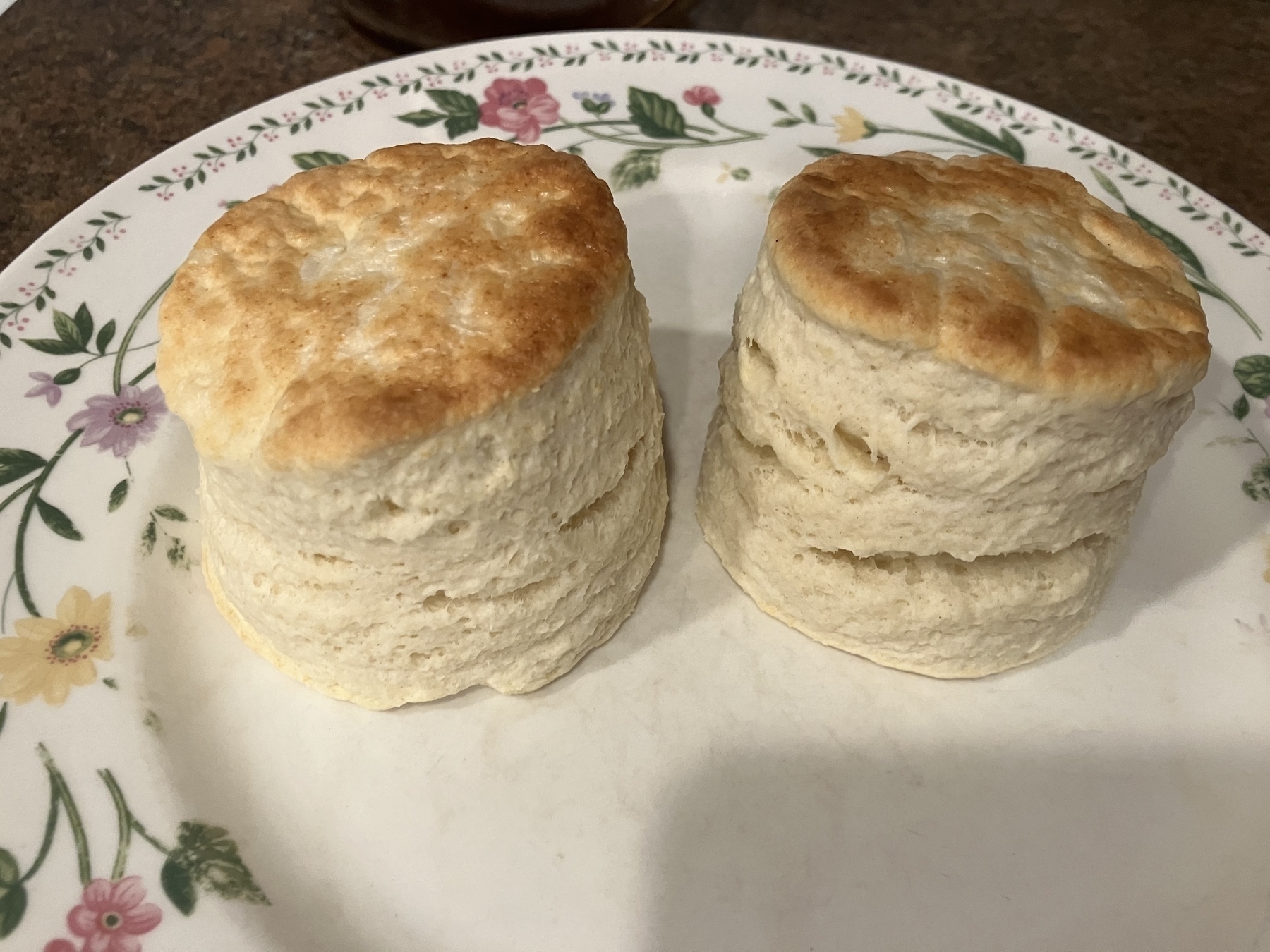John Michael Greer is never boring. In this interview, the (eventual) focus is on Trump and American politics. It’s good to hear a political commentator that takes seriously the idea of time as a cycle rather than a straight line. That idea opens up new possibilities, and maybe tames some anxieties.
The prime directive of localism as a political and religious commitment is the tending and feeding of one’s own home and the life in which it is situated.
Remember those ice cream cups with the paper lids with a tab and the wooden spoon?
A bumblebee sleeping in last Friday.

The free version of The Morning Dispatch gives me about all of the news I want in a day. I hardly ever click the links because I’d hit a paywall anyway. But their summaries make me aware of what’s going on, and I can follow up if something piques my interest.
Goodfellowship by Li Po
Hast thou not beheld the Yellow River Which flows from Heaven? It runs rapidly down and empties into the sea, Nevermore to return. Hast thou beheld the mirror in the hall That reflects the grief of white hair? In the morning it is like black silk, In the evening it will be covered with snow. While we are in the mood of joy, Let us drink! Let not the golden bottle be lonely, Let us waste not the moon!
Something I don’t feel like I see much anymore: oncoming drivers flashing their lights to warn of a speed trap ahead
I may have cut the biscuits a bit thick.

Wendell Berry: “There are no sacred and unsacred places. There are only sacred and desecrated places.”
It’s good to see a squirrel lounging on our picnic table in peace. They’re too busy to lounge for long but I’m glad they can when they want to.